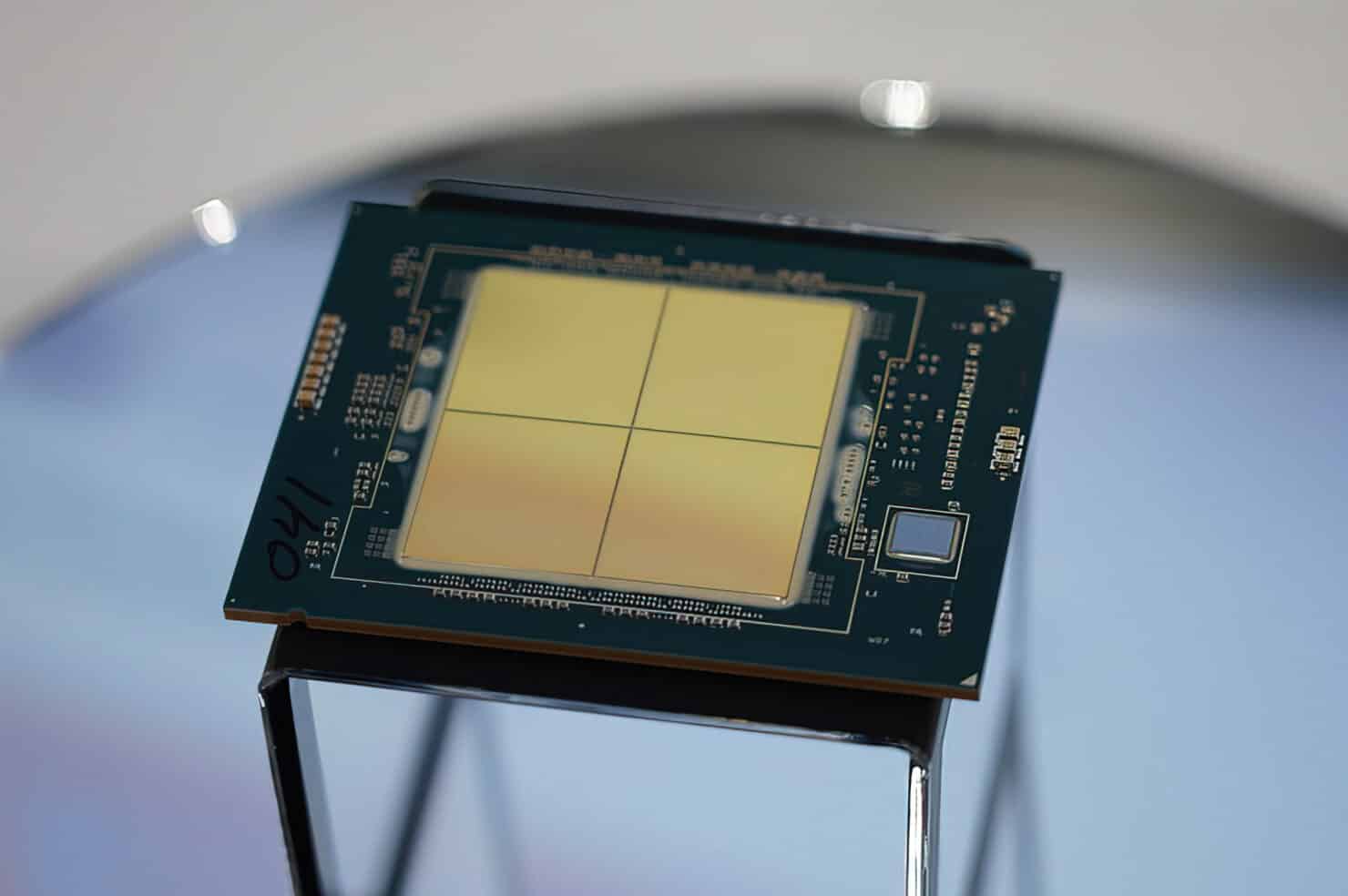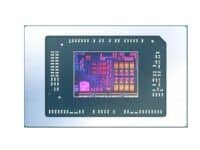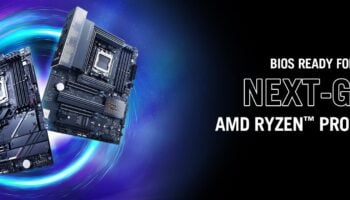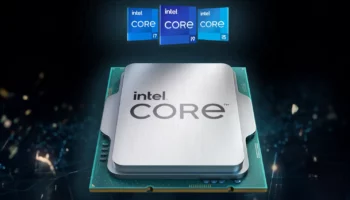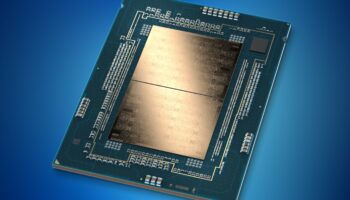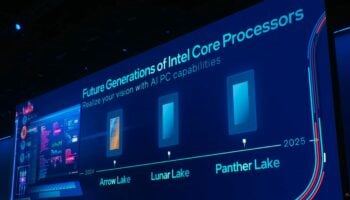Intel’s 4th Gen Xeon Scalable processors have been delayed once again, pushing the first wave of volume shipments to the second quarter of 2023. Till now, customers and partners expected the chips to be available in the latter half of the year. This puts the (overall) delay in Sapphire Rapids’ effective launch at one and a half years.
Sapphire Rapids will be based on a chiplet design featuring four 15-core dies/tiles connected using Intel’s cutting-edge EMIB interconnect. We’re looking at an overall core count of up to 60, a first for the chipmaker’s server offerings, and a notable step up from Ice Lake-SP. Sapphire Rapids is one of Intel’s most innovative server designs to date but poor execution and repeated delays are likely gonna kill it.
The 4th Gen Xeon Scalable processors were originally supposed to combat the AMD Epyc Milan processors. Unfortunately, due to repeated delays, it’ll go up against the much more advanced AMD Genoa lineup. Sapphire Rapids leverages the Intel 7 process while Genoa is based on TSMC’s 5nm N5 node. Furthermore, while Rapids is limited to “just” 60 cores, Genoa packs up to 96. The AMD server offerings support faster memory, an increased number of PCIe Gen 5 lanes, and larger cache reserves.
Courtesy of the MCM design, Sapphire Rapids will have larger margins, in addition to higher ASPs which means fatter profits for Intel and its supply chain partners. However, another delay will definitely have an adverse impact on this lineup as both demand and competition are set to increase drastically. AMD’s 4th Gen Epyc Genoa processors will offer leadership single-threaded as well as multi-threaded performance, leaving Intel with just the HBM variant which too may fall short of Genoa-X, the 3D V-Cache variant of Genoa.
The abundance of Arm designs in the server market is another cause for concern as these chipmakers often sell at much lower prices with much higher compute densities. Therefore, by the time Sapphire Rapids actually comes out later next year, Intel’s partners might have already adopted rival offerings.
Source: Ming-Chi Kuo
